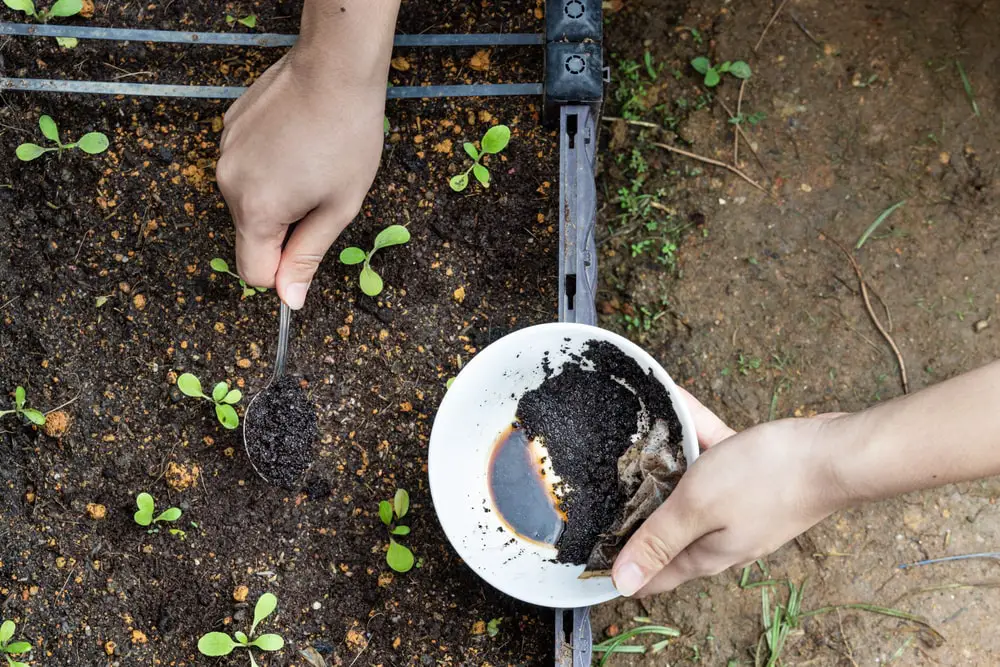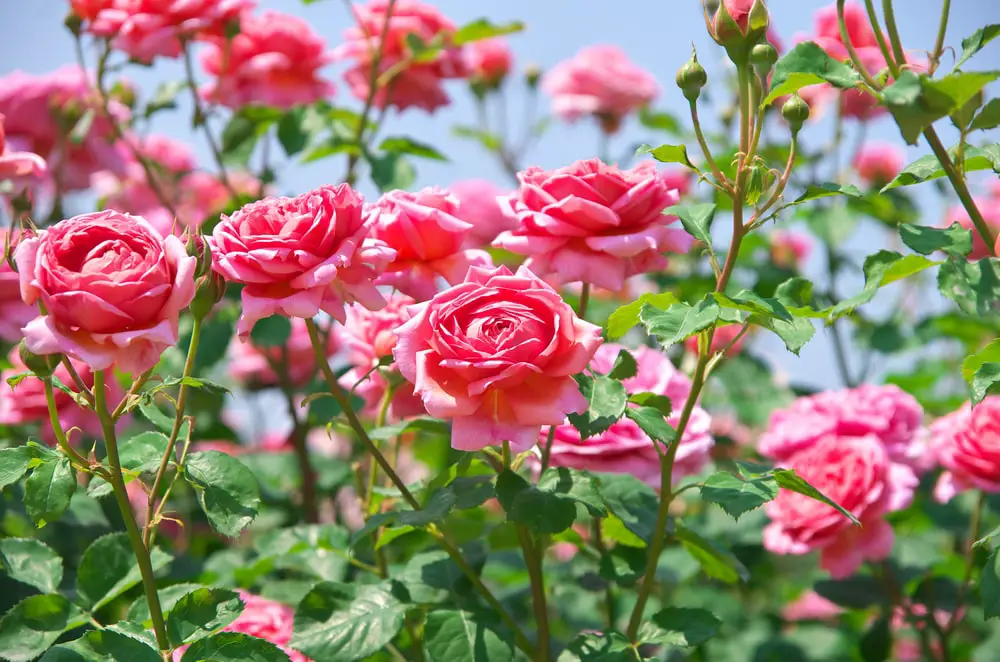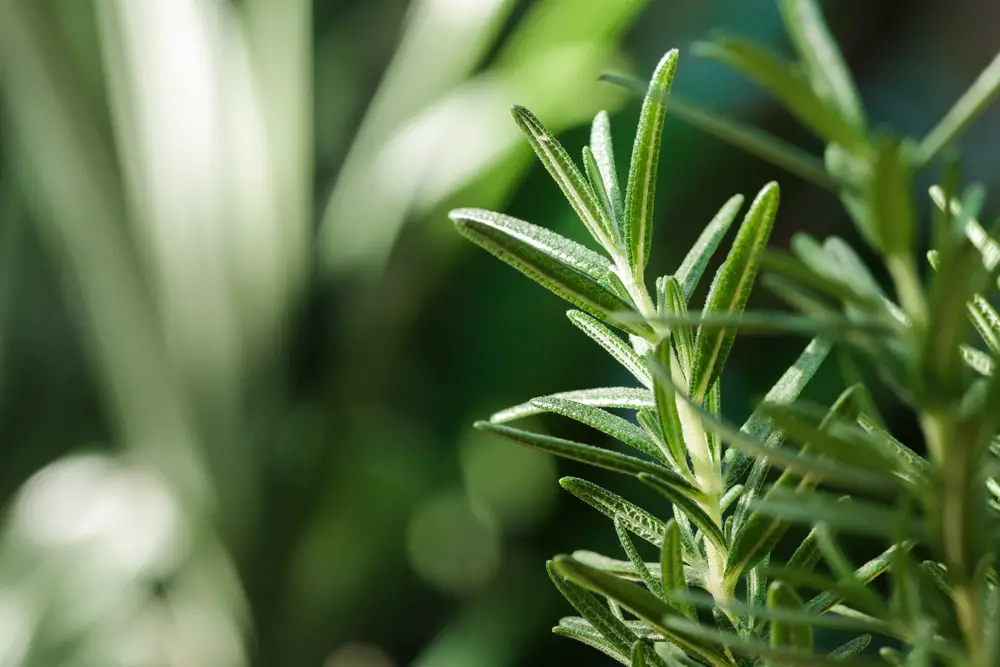Coffee is one of the most popular commodities in the world. Research on its effects on health is extremely diverse. In addition, although less researched, the effects of coffee on plant growth have also gained some attention. Coffee grounds are praised as a product rich in nitrogen, which helps the soil retain water, repels snails, and improves the structure of the soil. However, with recent scientific studies show, gardeners believe that coffee grounds will harm their plants. So, what is the reason, and which plants do not like coffee grounds?
What are the benefits of coffee grounds for your plants?

Coffee grounds are famous for being a very useful product for plant growth. People often use them to improve soil quality as well as help reduce the number of pests that damage crops. Coffee shops often provide coffee grounds to customers if they need them instead of throwing them away wastefully. Here are a few advantages that coffee grounds bring to your plants.
The first is that it will limit the animals that harm the plants. Animals like slugs will often destroy plants by eating leaves. At times like these, coffee grounds are definitely a cheap and eco-friendly option. We should sprinkle coffee grounds around the plants, this will create a barrier to protect the plants from slugs that eat the leaves.
Next, coffee grounds are a great mulch for your soil. Mixing coffee grounds with organic materials such as vegetable crumbs creates a mixture that can be spread over the soil, helping to keep your soil moist. Not only that, but this mulch also blocks light from entering the soil, limiting the growth of weeds deep within the soil. But note that you should not use coffee grounds alone, but mix them with other organic ingredients.
Coffee grounds are also known as a product containing many nutrients such as potassium, phosphorus, and nitrogen. These substances will certainly help in the growth of plants.
Finally, it is thought that coffee grounds are the favorite food of earthworms. They often use coffee grounds to attract more earthworms in the garden, thereby improving the quality of the soil, and making the roots grow better.
For some plants, you can put coffee grounds on

Coffee grounds are a product that contains many nutrients such as nitrogen, potassium, and phosphorus and they will provide acidity or high pH to the soil. So, plants that love acidity in the soil will be very suitable to be fertilized with coffee grounds. Common plants that can be used to fertilize coffee grounds include plants in the rose family. Besides, blueberries are also very suitable for soil environments with high pH. Coffee grounds are also a useful fertilizer for flowers like hydrangeas because the acidity in the soil will directly affect the color of the flowers. And finally, vegetables such as radishes, carrots, and cabbage, will grow very well if they are regularly fertilized with this fertilizer with a suitable amount.
Is coffee grounds suitable for all plants?

Besides the benefits of coffee grounds for plants, they also contain potential negatives you should consider before using.
First, it can inhibit the growth of seedlings. Coffee grounds are just a by-product of coffee after brewing, but it still contains a residual amount of caffeine, and the caffeine will prevent seedlings from growing, or cause damage to their roots. Not only that, but it also makes the mature trees difficult to grow and stunted.
Not only that, coffee grounds are quite antibacterial, which leads to the fact that they can kill many beneficial bacteria in the soil. This in the long run will make the soil more susceptible to pests and diseases, imbalance in biodiversity in them.
Coffee grounds are not suitable for some plants
There are plants that are suitable for living in acidic soil, but there are plants that cannot live in such an environment. Coffee grounds, when added to the soil, make the soil more acidic, which makes some plants unviable.
The first is lavender, a flower that is suitable for dry soil and likes a drought. They want to live in an alkaline soil environment, so if your soil has high acidity and moisture, it will make them unable to grow and worse, root rot.
Next is the orchid. This is a flower that can hardly absorb nitrogen, while coffee grounds contain a high amount of nitrogen. If you cover your orchids with soil containing coffee grounds, they will cause root rot. There’s no denying that nitrogen is great for some plants, but unfortunately, orchids can’t absorb it.
Finally, an herb, rosemary. Coffee grounds have many nutrients that are very beneficial for the growth of rosemary. Unfortunately, however, they do not like highly acidic soil. So, if you still want to use coffee grounds to fertilize this plant, be sure to dilute them with water before watering.
Final thought
Besides the benefits that coffee grounds bring to your garden, there are still some negative points and limitations in their composition and how you use them. So to be able to take advantage of those benefits, take note and find out carefully whether the species you plant is really suitable for applying coffee grounds. This will help you avoid unnecessary disadvantages to the crop.
